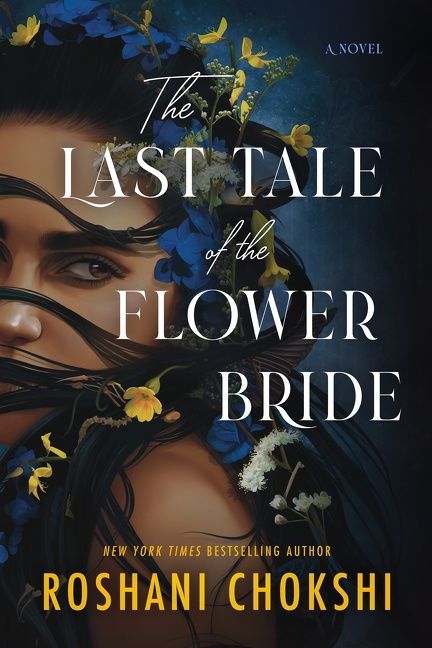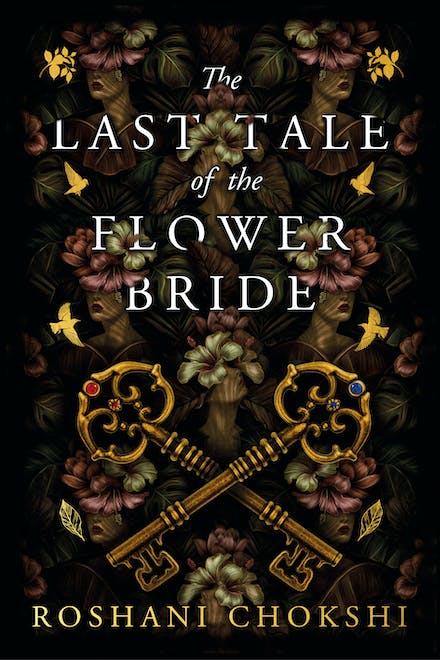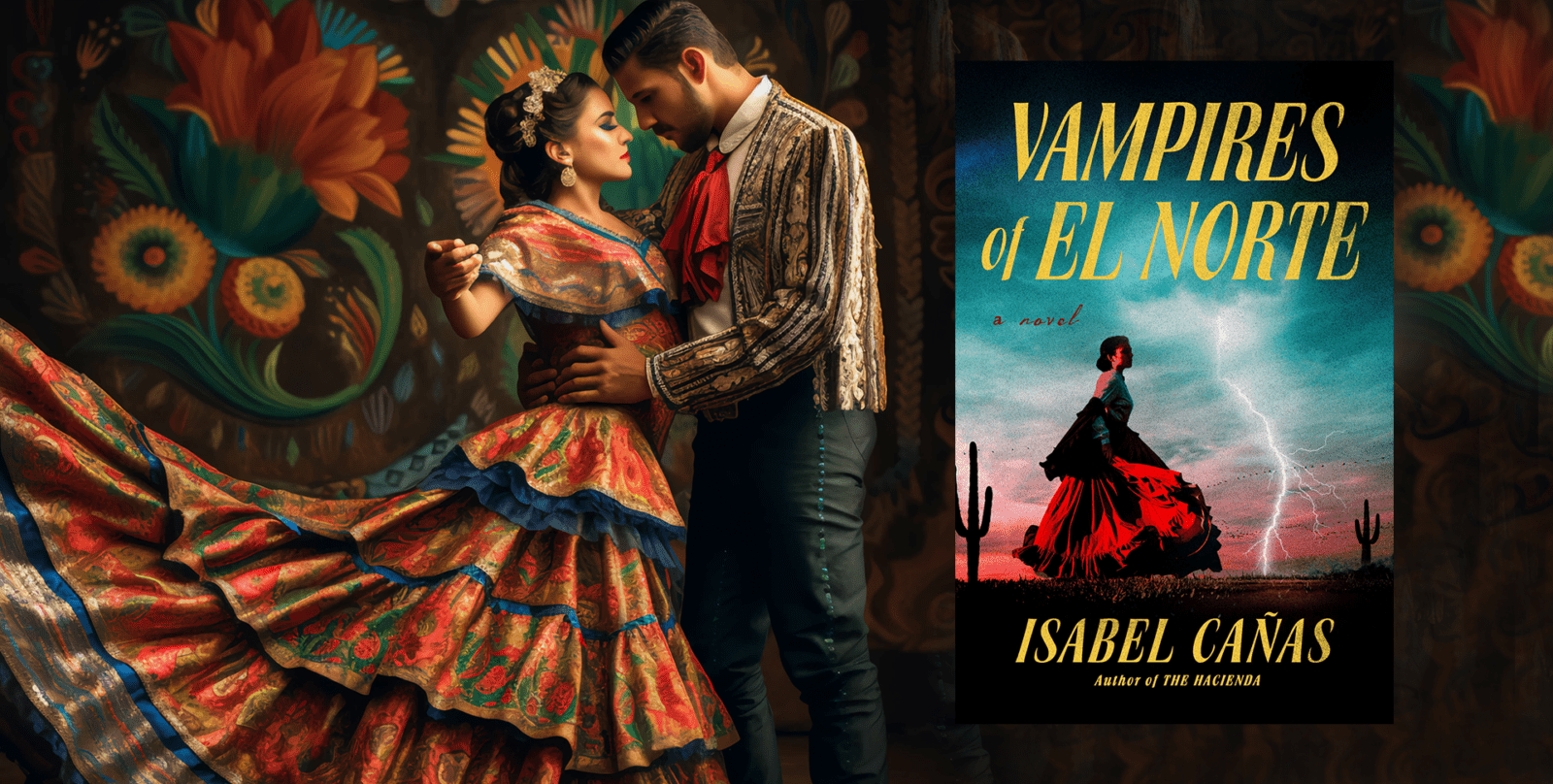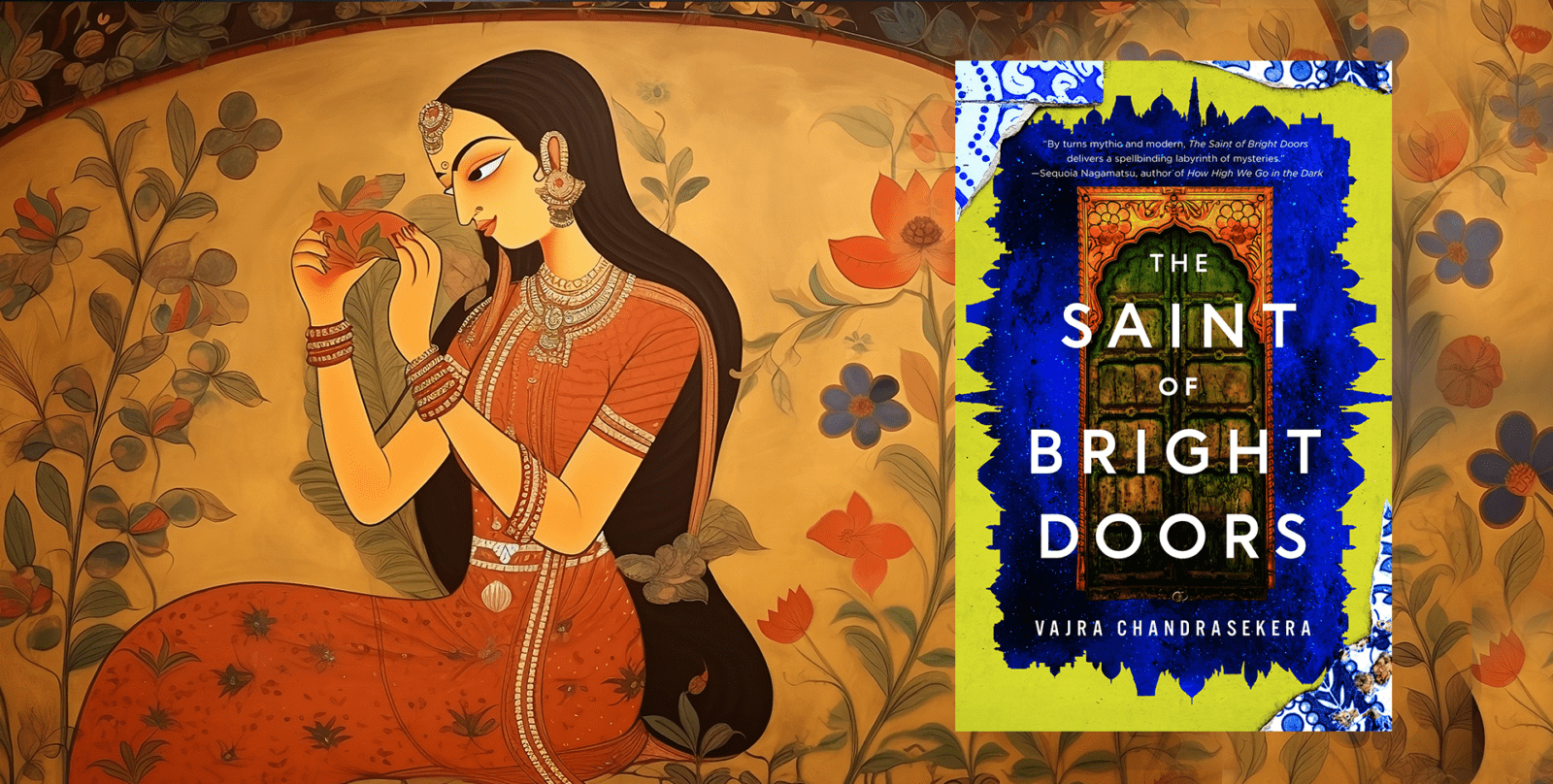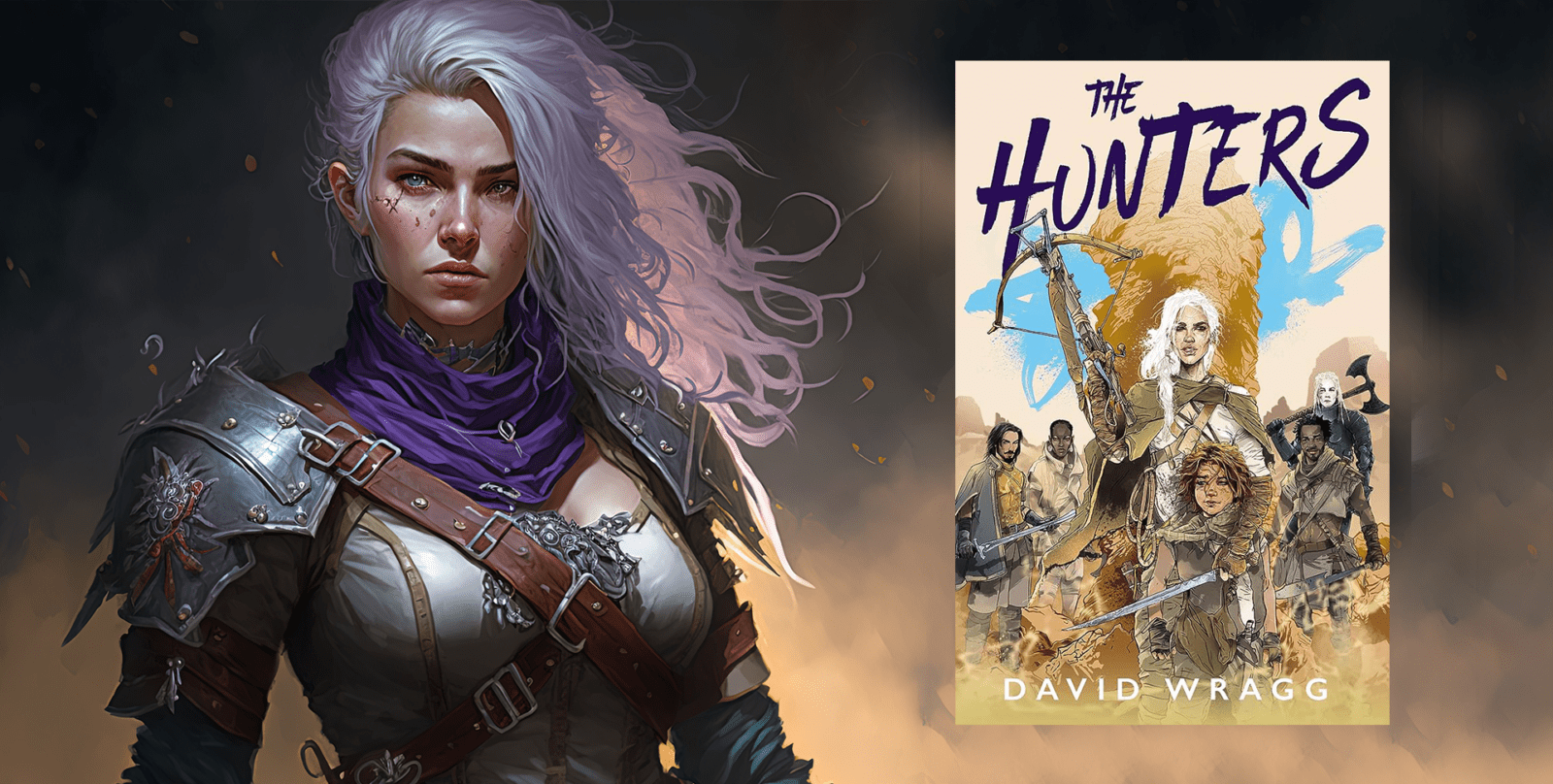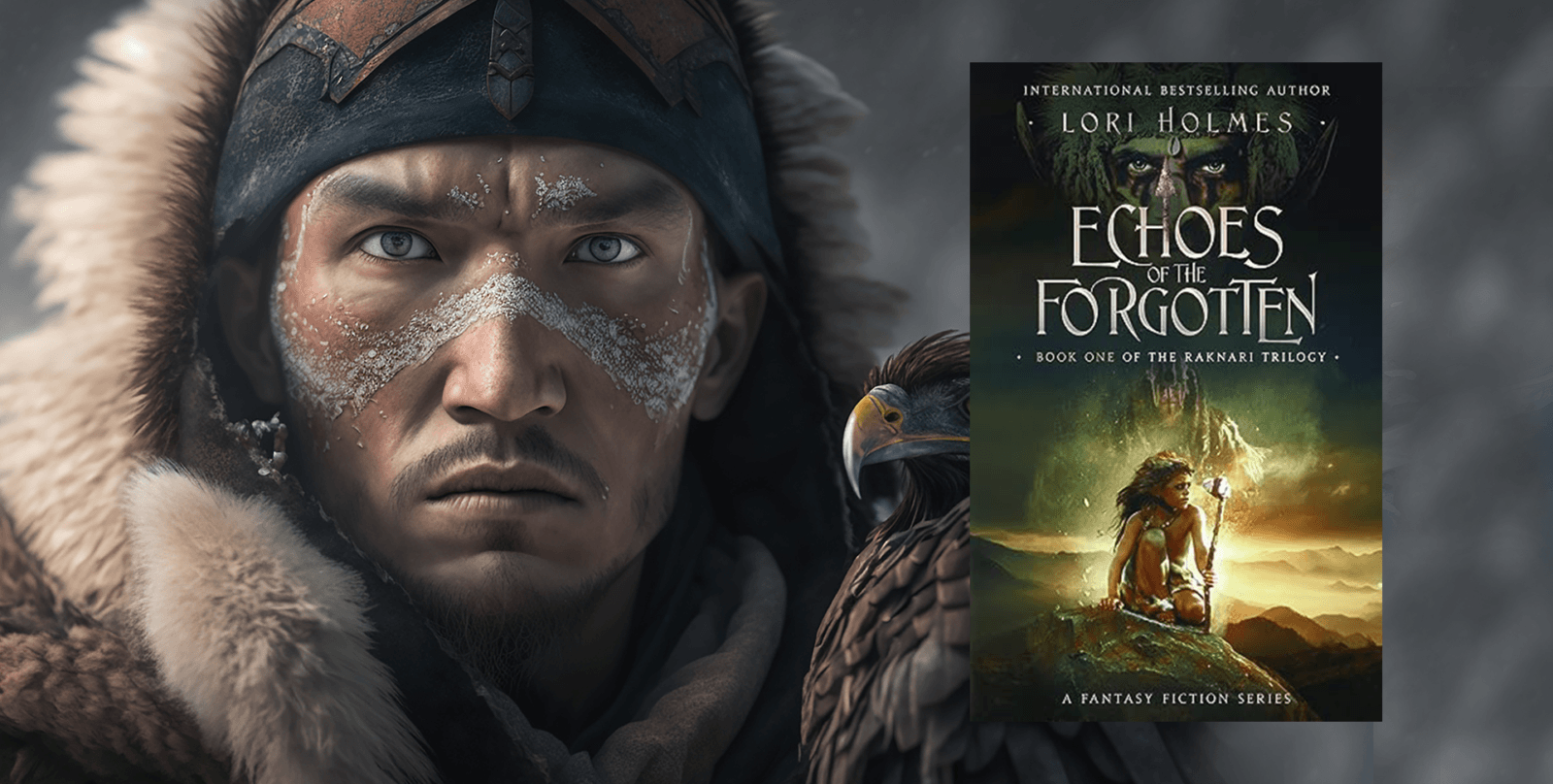Synopsis:
A man who passionately believed in fairy tales fell in love with a beguiling woman named Indigo Maxwell-Casteñada. He was an expert in myths, and she was an heiress with a substantial fortune. They exchanged stories and tokens of affection and believed that they would live happily ever after. However, Indigo made her new husband promise not to delve into her past.
Despite her warning, the couple finds themselves returning to Indigo’s childhood home, the House of Dreams, due to her estranged aunt’s illness. Once inside the decaying estate, the bridegroom becomes consumed with curiosity about his wife’s mysterious past. The house, with its grand rooms and musty hallways, holds the secrets of Indigo’s childhood friend, Azure, who vanished without a trace. As the house gradually reveals Indigo’s hidden past, the bridegroom must choose between his reality and the fairy tale world he’s created in his mind, even if it means jeopardizing their marriage and possibly their lives.
Thoughts:
The color purple is one of my favorites, except when it appears in writing that lacks depth and substance.
Roshani Chokshi’s debut adult novel, The Last Tale of the Flower Bride, immerses the reader in a world of fairy tales and mythology. The book revolves around the life of Indigo Maxwell-Castenada, a wealthy heiress. The story is told from the perspectives of her husband, known only as The Bridegroom, and her childhood friend, Azure. The narrative seamlessly shifts between the present and the past, allowing both characters to reveal their true relationship with Indigo. The eerie setting of Indigo’s childhood home, the House of Dreams, serves as the backdrop for their revelations.
When it is at its peak, The Last Tale of the Flower Bride delves into the captivating world of fairy tales and their bewitching allure on readers. Chokshi’s writing style is perfectly suited to the story, enchanting and surreal, conjuring up an atmospheric reading experience that blurs the lines between dreams and reality. The book’s rich and vivid descriptions create a sense of mystique that envelops the reader in its spell.
However, the excessively ornate and flowery language in Chokshi’s prose distracts from the story, making it hard to follow and understand each character’s intentions. The plot becomes convoluted and challenging to decipher, overshadowed by the overwhelming style. Despite my interest in the story, the effort of slogging through the excessive descriptions and purple prose left me feeling drained and fatigued.
The core of The Last Tale of the Flower Bride is a captivating narrative, but it’s overshadowed by the over-the-top, flowery language. The story’s allure was the only thing that kept me invested, yet it was challenging to fully comprehend due to the convoluted and exaggerated prose. Ultimately, while there’s potential in the plot, the excessive writing style detracts from the reading experience and makes it difficult to wholeheartedly endorse.
DNFed at 83%
Rating:
3.0/5.0
Book Covers
